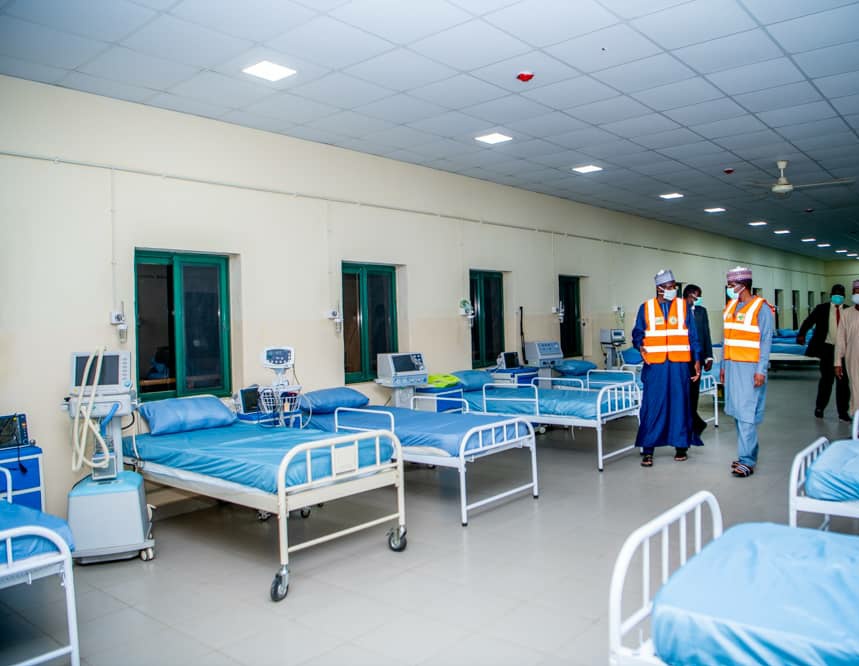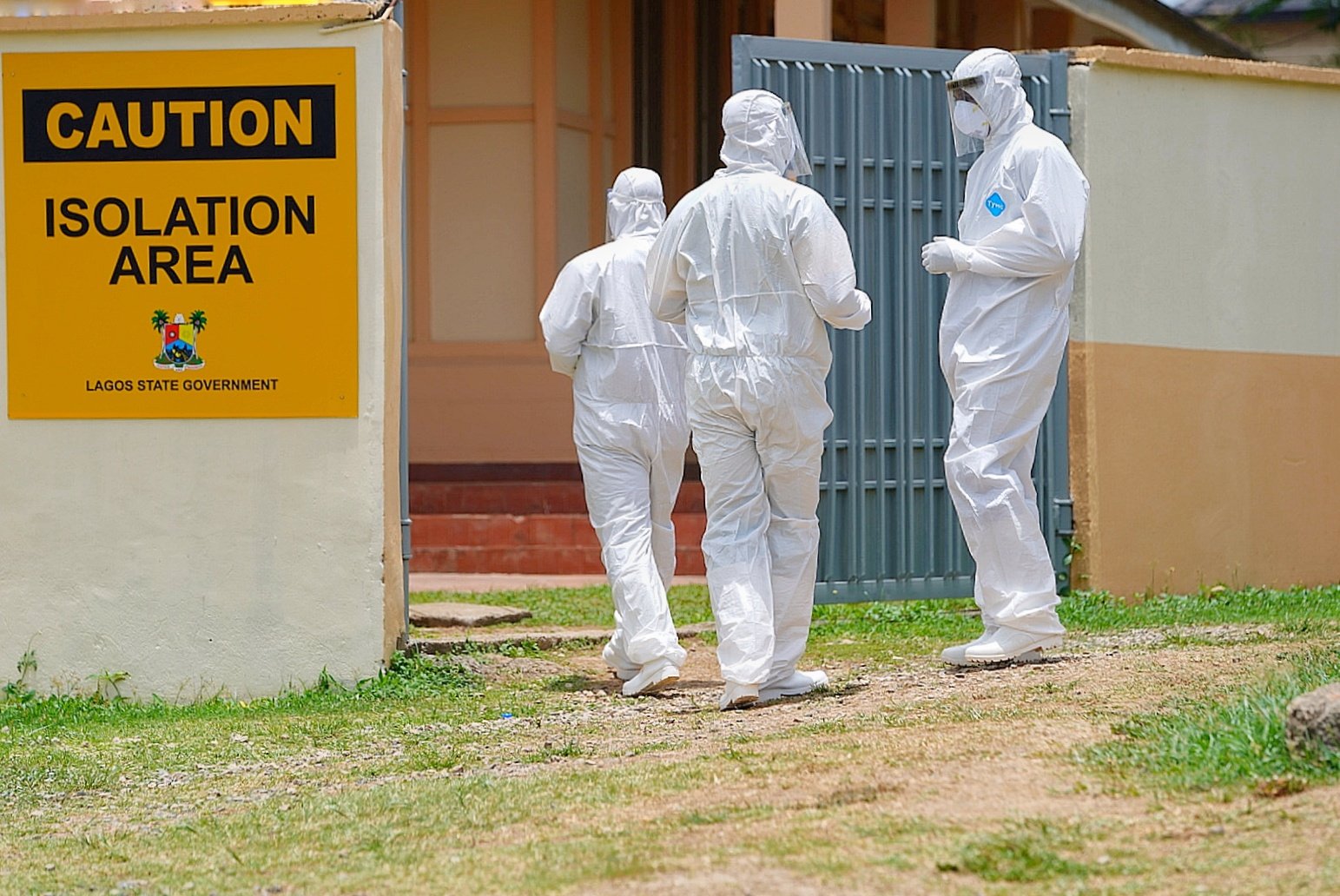BY TIMI OLUBIYI
Small and Medium Enterprises (SMEs) especially manufacturers and private sector operators go through a lot in Nigeria to break even in business. Even though Small and Medium Enterprises in Nigeria are believed to account for about 40 percent of GDP and contributing highly to industrial employment which is similar to what is obtainable in many of the newly industrialized nations like China, India, South Korea, etc. However, the business environment is harsh in Nigeria, coupled with the consequences of the current novel coronavirus (COVID-19) pandemic, which continues to evolve, grow, and disrupt business activities. The situation is taking a toll on entrepreneurs and their businesses and the uncertainty keeps growing daily.
If you look around most of the successful micro-businesses and SMEs, we use to know in our major cities in Nigeria have all shut down and many more could be affected with the COVID-19 pandemic. A recent report from Manufacturers Association of Nigeria (MAN) indicates that 272 companies shut down in one year leading to about 180,000 job losses within the period. While this occurrence is a huge concern and increasingly disturbing, some manufacturers and businesses have even relocated to neighboring countries due to many external factors that are beyond the control of many of the SME operators before the pandemic. But with the COVID-19 pandemic, the options are so limited and this might impede the business continuity of many Micro Small and Medium Enterprises (MSMEs) and could trigger exponential job losses and business closures regardless of the business location. The socio-economic impact of coronavirus (COVID-19 is global,but could more severe in developing nations.
From context observation businesses shut down in Nigeria due to repeated losses and a harsh business environment. Agreeably, there is a high rate of SME mortality in Nigeria, and the business environment is one of the obvious factors contributing to the prevalence of high mortality of MSMEs in the country. Therefore, for businesses to remain and succeed at this time, a lot of business secrets needs to be considered for sustainability and for business to remain profitable. The reality is that it can be difficult for businesses to survive in an environment with highly unpredictable elements like Nigeria, couple with the global pandemic, that is impacting severely.
Advertisement
More notably, from my perspective, business success in Nigeria should include the sustainability of any business operations above a period of five years. But significantly, success could be seen as the achievement of any desired objective(s) of any pursuit, therefore, surviving post COVID-19 could be a big success objective of many business at this trying time. Recall, success or growth in any business can be measured in terms of profitability, growth in number of customers, increased market value, or high total return on the shareholders’ fund. More so attaining other goals that may not be expressed in monetary terms such as, economic value-added, sustainability, entrepreneur’s job satisfaction, business or career flexibility, and customer satisfaction based on the stakeholders’ expectations are other success factors.These listed indicators of business success can be equally be classified to suit any business operations objective.From intellectual perspective and findings, scholars corroborate by asserting that long-term goals such as market share, brand names, and reputations, and achievements are contingent upon a firm success capability on the long run.
Simply put, business success necessitates the provision of values to its stakeholders which includes the owners, customers, government, and the society. Since the Small and Medium Scale Enterprises Development Agency (SMEDAN) is an agency of government in Nigeria that oversees the affairs of SMEs, the assertion of the agency that 80 percent of the SMEs die before their fifth anniversary SMEs is a huge concern.
In view of the foregoing and in spite of the general unconducive environment in this clime, more so the impact of COVID-19 outbreak and lack of consistent economic growth in Nigeria, it is crucial for businesses to have a business continuity strategy. Supportably, SMEs in Nigeria are already challenged with access to funding, decrepit infrastructure (roads, telecommunications, railways, electricity, etc.), weak institutional framework, hostile regulatory environment, poor managerial skills, lack of financial records and bookkeeping amongst others, therefore adequate and workable strategy is key for business success and sustainability.Therefore, to survive the prevalent business failure according to SMEDAN, immediate stringent business policy and strategy is critical to business success in Nigeria at this time.
Advertisement
In business context, while every business owner has a different success story a number of factors have been identified as crucial for the SMEs’ success, though it has been widely established that infrastructure and enabling environment are generally perceived as the significant factors influencing business success in Nigeria. The components that constitute the secrets of business success can therefore be broadly situated within the context of the environment. These components can make a difference between success and failure of any SME. Noticeably some of the success components are, namely access to adequate capital, availability of raw materials, technology adoption capabilities, choice of leadership style, managerial technical know-how, hiring the right talents, effective communication within the business, effective marketing of products and services, creating and maintaining the highest level of customer satisfaction, overhead cost reduction strategy, continuous quality improvement, unceasing effort to create bankable projects and innovation tendencies. Even though, it is more crucial at this time for SMEs to invest in technological innovation to mitigate the impact of COVID-19 outbreak in their businesses. More so SME operators should understand and embrace the reality of time with the continuous development of strategic and tactical plans to consistently improve business process and up skills attainment.
Consequently, the reality is that COVID-19 pandemic has presented a new normal for business operators and entrepreneurs, which is technology adoption. Consequently, to help accelerate response to the business effect of the pandemic and to mitigate the high impact of face to face business transactions, adequate technology adoption is necessary going forward. More so it will allow for adherence to the much-publicized measures and guidelines to reduce and flatten the curve of the pandemic. With every industry, household, business, and geography already affected by the pandemic, it is imperative to have strategies and contingency plans to drive business continuity at this time. Creativity and innovative idea from businesses is important at this point for businesses to stem the tide of the effect of the pandemic and keep them successful.
In conclusion, the long-term success of any business in Nigeria requires the multiplicity of the interrelated aforementioned factors and it is smart to pay attention to it to make a difference in your business right now. These factors are crucial and can significantly impact your business positively. It is worthy to state that Peter F. Drucker once said, “Whenever you see a successful business someone once made a courageous decision.” Subsequently, it is vital for business operators and entrepreneurs to continually make good strategic decisions and review business processes accordingly to achieve and main business success. So with COVID-19 businesses and SMEs need to re-strategize and make courageous decision to sail through. If you wish to seek assistance in your business process at this time, you may wish to reach out for the necessary business advice. Good luck!
Olubiyi holds a Ph.D in entrepreneurship and small business management. He is an investment coach, member of the Chartered Institute for Securities & Investment (CISI) and a financial literacy specialist. He can be reached on Twitter via @drtimiolubiyi and via email: [email protected] for any questions, reactions, and comments.
Advertisement
Views expressed by contributors are strictly personal and not of TheCable.
Add a comment






